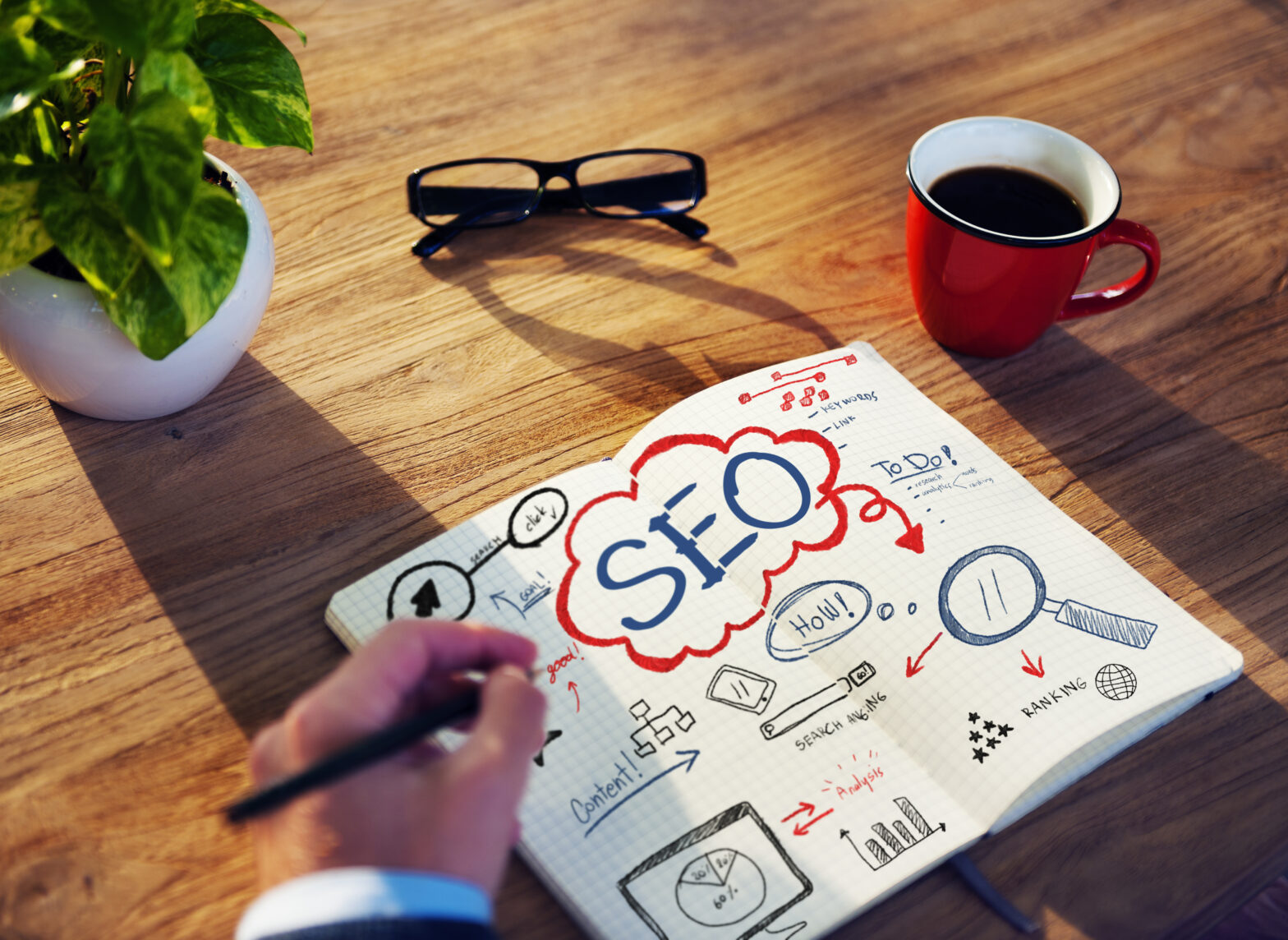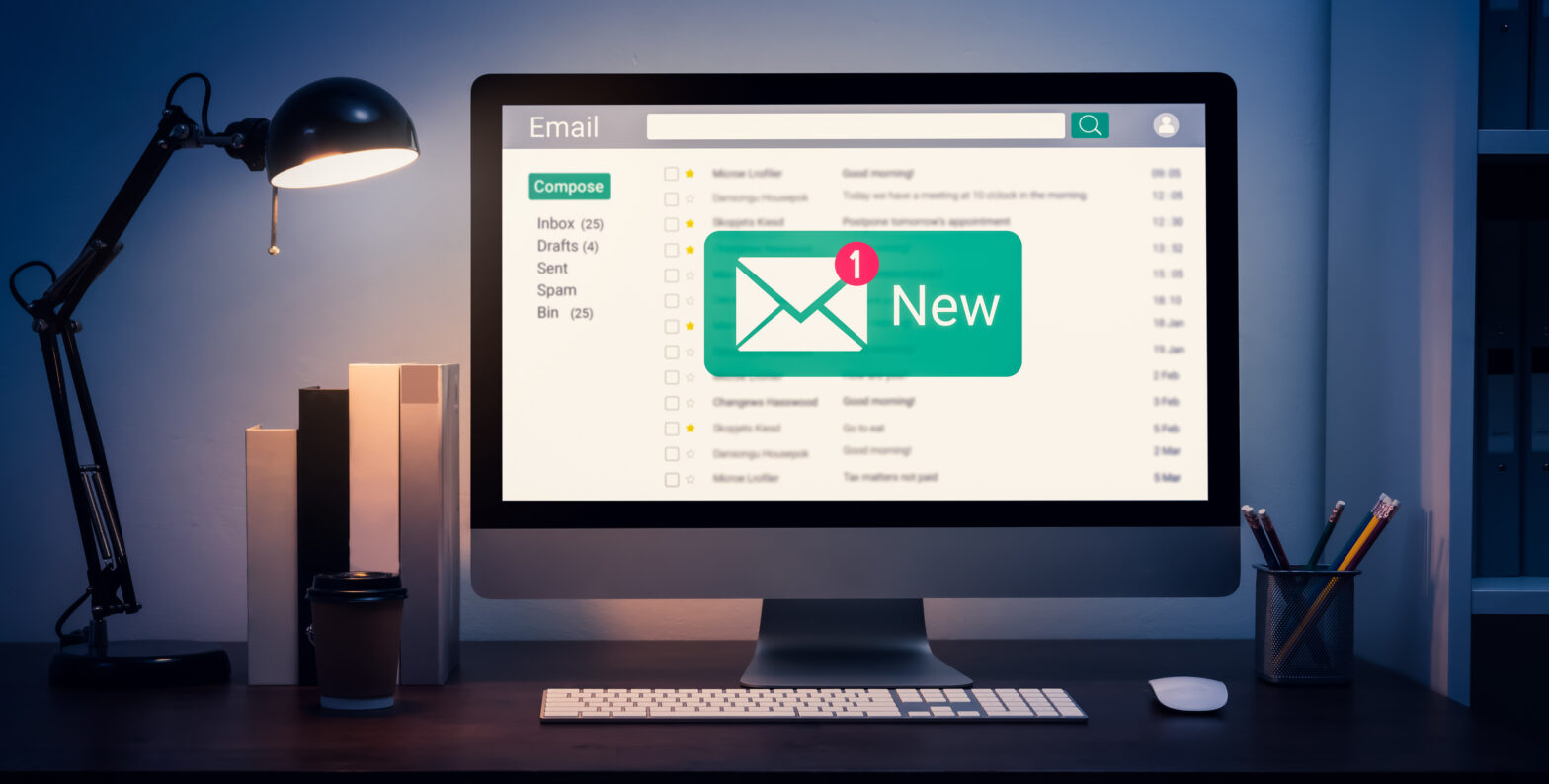Due to phenomenal growth in recent years, the internet has become more popular than radio, second only to TV. Each year, advertisers are allocating a greater percentage of their budgets to online advertising.
Over £2 billion was spent on online advertising in the UK during 2006, £1.2 billion of that was spent on paid-for search listings.
However, it is widely accepted that you cannot merely build a website, publish it online and expect commercial success.
What is search engine marketing?
Search engine marketing (SEM) is the most popular form of internet marketing. Encompassing a range of methods, it attempts to promote a website by increasing its visibility in the search engine results pages (SERPs).
The most commonly used SEM methods are:
Search engine optimisation (SEO) – The goal of SEO is to increase the quantity and quality of traffic to a website via ‘natural’ or ‘organic’ search results by increasing the site’s ranking in the SERPs.
Pay per click (PPC) – PPC enables advertisers to create custom adverts related to the keywords of their choice in the sponsored section of the SERPs and on content-related websites within the search engine’s advertising network.
Advertisers bid on the keywords they deem relevant to their website and then pay for each click on their ad, which results in a visit to their website. This advertising model is not only employed by the major search engines, but also by shopping comparison sites such as PriceRunner, Shopping.com and Kelkoo.
SEO or PPC, which one is for me?
This subject has sparked much debate online, but the short answer is both. Studies have shown that running SEO and PPC campaigns concurrently yields a greater return on investment than relying solely on either method.
Look out for coming articles in which we will look at SEO and PPC in more detail.
The benefits:
PPC
- Flexibility – Campaigns can be created quickly with your ads appearing within minutes. You can also choose who sees your ads based on demographics, times of the day or days of the week. The ability to set daily, weekly or monthly budget means you shouldn’t overspend.
- Reliability – You can control the position and content of your ad. Your ad will continue to appear until your daily budget is depleted.
SEO
- Visibility – Eye tracking studies have shown that users’ eyes are generally attracted to the top-left search results which are predominately natural as opposed to the top-right search results which are generally paid for.
- Popularity – Due to many users’ scepticism of paid adverts, natural listings attract more clicks.
- Affordability – Once an SEO campaign begins, it can be less expensive to maintain on an ongoing basis.
- Longevity – Once you achieve high rankings they can be maintained for months or even years.





